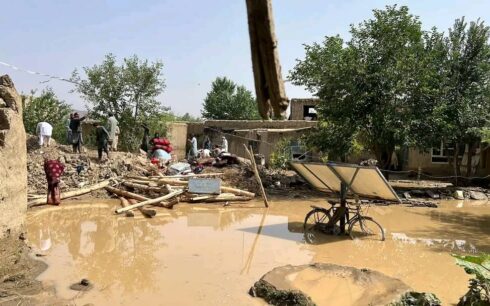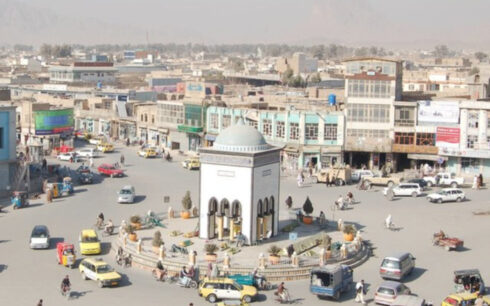The United Nations Security Council (UNSC) issued a statement on Wednesday strongly condemning all violations and abuses against children by all parties in Afghanistan, particularly noting the “high level of killing and maiming of children.”
The statement highlighted the parties identified in the Secretary-General’s report covering the period from January 1, 2021, to December 31, 2022.
These include the Taliban, the Haqqani network, ISIS-K, and Hizb-i Islami of Gulbuddin Hekmatyar. The UNSC urged all parties to immediately end and prevent all violations of international law involving the recruitment and use of children.
These violations include “killing and maiming, rape and other forms of sexual violence, abduction, attacks on schools and hospitals, and denial of humanitarian access,” stressing the need for compliance with international law.
The Council expressed concerns about monitoring and verification challenges impacting the Monitoring and Reporting Mechanism, especially after the Taliban’s takeover in August 2021. It called on all conflict parties to ensure UN personnel have safe, unhindered, and timely access to territories under their control for advocacy, monitoring, and reporting purposes.
The statement emphasized the importance of accountability for violations against children in armed conflict, stressing that all responsible parties must be brought to justice in accordance with international law.
Raising deep concerns about the high number of children killed and maimed by explosive ordnance, such as landmines, improvised explosive devices, and explosive remnants of war, the UNSC urged all parties to take immediate action to prevent harm to children.
The Council called on state parties to abide by Protocol V of the Convention on Certain Conventional Weapons (1980), which Afghanistan is a part of, emphasizing the need for explosive ordnance clearance and risk education.
The UNSC held the Taliban responsible for the majority of child recruitment and use during the reporting period. It pointed out that the dire economic and humanitarian situation, the lack of birth registration coverage, and the falsification of national identity documents put children at risk of recruitment.
The Council strongly urged all parties to release all children associated with them and to end the recruitment and use of children under 18 years of age. The statement welcomed the demobilization of 635 children as part of the Taliban’s decree and a code of practice prohibiting the recruitment of boys without signs of puberty within security ranks.
It called on Afghan political actors to define a child as anyone below the age of 18, develop standardized age assessment guidelines, establish Child Protection Units at recruitment centers, and respect the Convention on the Rights of the Child.
The UNSC voiced concerns over the deprivation of liberty of children for their actual or alleged association with opposing parties, urging all parties to release these children and support their reintegration through specialized child protection programs.
The Council also raised concerns about the lack of sufficient reintegration programs for children formerly associated with parties and those released from detention facilities. It highlighted cases of rape and other forms of sexual violence against children, including forced marriage and incidents involving bacha bazi.
The UNSC condemned attacks on schools and hospitals, the abduction of children—most of which were attributed to the Taliban—and the sharp increase in incidents of denial of humanitarian access, which were predominantly attributed to the Taliban during the reporting period.
Expressing grave concern over the restrictions on Afghan women working with the United Nations and humanitarian organizations, the Council noted that these restrictions negatively affect the provision of life-saving assistance to the population, particularly children and girls.
The UNSC’s Working Group reiterated the need to lift the suspension on girls’ secondary and tertiary education and ensure that all children, both boys and girls, can access all levels of quality education.





